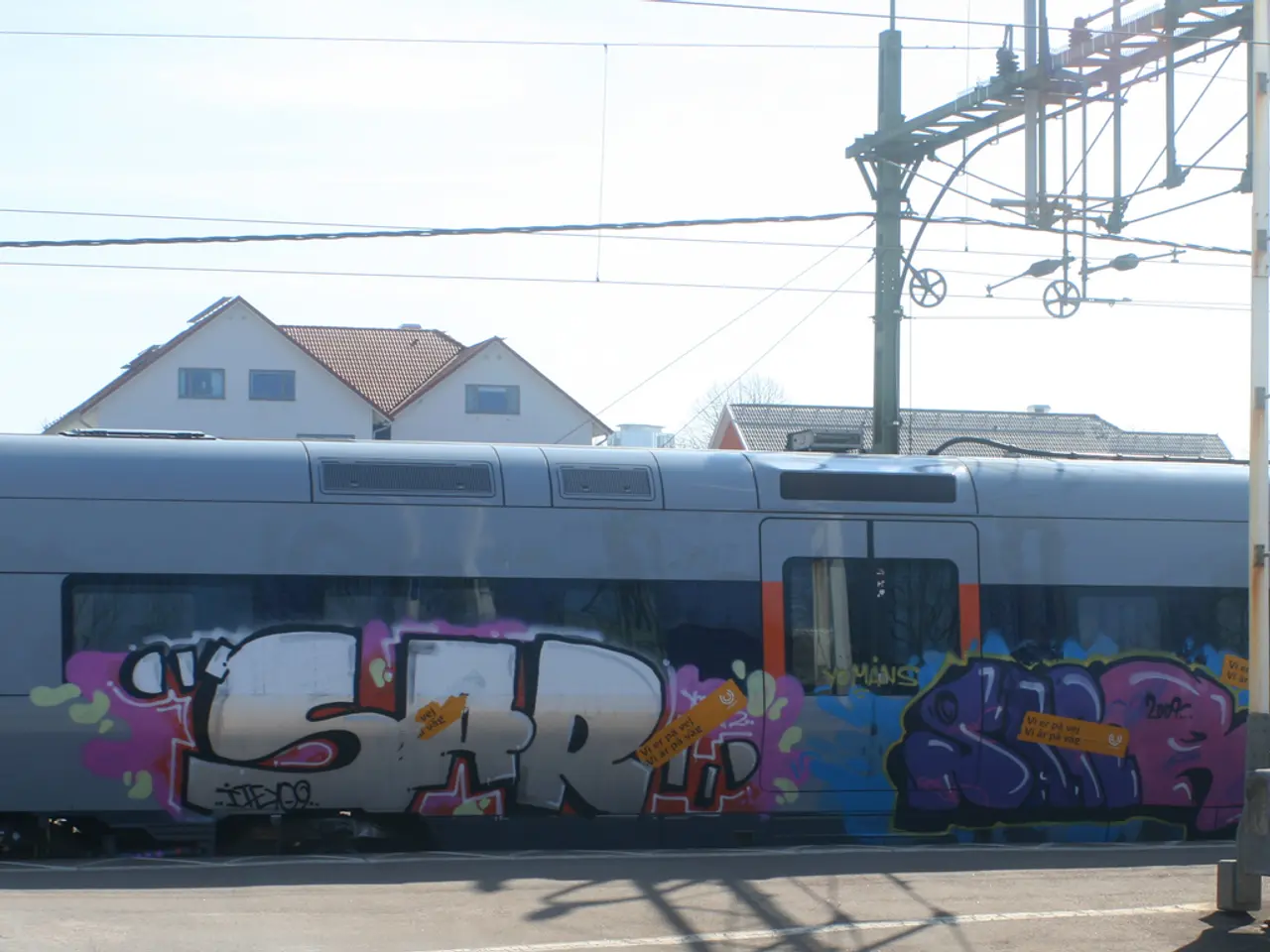South Korean authorities initiate a 100-day long campaign to eradicate fraudulent practices by taxis aimed at foreign travelers in Seoul
In a bid to enhance the experience of foreign visitors, Seoul authorities have launched a 100-day intensive crackdown on illegal taxi activities. The focus of the offensive is on taxi activities at Seoul's airports and around tourist attractions like Gyeongbokgung Palace and shopping districts like Myeong-dong [1][2][4][5].
The offensive aims to reduce the impact of practices such as refusing short-distance rides, overcharging, and demanding extra fees or tips on tourists ahead of the peak tourism season [3].
Key measures include mobilizing all enforcement personnel for concentrated on-site crackdowns, using QR code surveys to gather complaints directly from foreign tourists, improving taxi receipt labeling, and strengthening penalties for taxi companies or drivers with frequent complaints [1].
The base fares are clearly regulated. Standard taxi fares start at 4,800 won (~£2.6) for up to 1.6 km, with higher night rates. This information will help tourists understand expected costs and recognize overcharging [2].
Foreign customers can use the QR code surveys implemented by Seoul authorities to report illegal taxi practices conveniently. The taxi receipt improvements also assist in verifying fare disputes [1].
Since 2015, Seoul law enforcement has regularly targeted the ride-hailing sector, but this year's efforts have uncovered 139 cases of overcharging at airports near Seoul and 109 cases of taxi drivers turning down short journey requests from foreign passengers [6].
The offensive against illegal practices by taxi drivers in Seoul is ongoing, with drivers now required to provide proper receipts [7]. In addition, drivers found guilty of violations may face increased penalties [1].
Incheon Airport and Gimpo Airport have card-sized survey slips available for foreign customers to report violations. The Korea Tourism Organisation received approximately 20% of its complaints about taxi firms or drivers in 2024, with accusations of inflated journey prices, not using meters, and unnecessarily extending trips [8].
Foreign customers in Seoul are being asked to get involved in reporting violations through QR code surveys and a service available in English, Chinese, and Japanese [9].
[1] https://www.seoul.go.kr/nr/en/main/main.jsp [2] https://www.koreatimes.co.kr/www/news/nation/2022/06/168_318930.html [3] https://www.koreatimes.co.kr/www/news/nation/2022/06/168_318934.html [4] https://www.koreaherald.com/business/transportation/2022-06-16-korea-launches-100-day-crackdown-on-illegal-taxi-activities-targeting-foreign-tourists/ [5] https://www.korea.net/news/news.php?id=239607 [6] https://www.koreatimes.co.kr/www/news/nation/2022/06/168_318930.html [7] https://www.koreatimes.co.kr/www/news/nation/2022/06/168_318934.html [8] https://www.koreatimes.co.kr/www/news/nation/2024/03/221_302694.html [9] https://www.koreatimes.co.kr/www/news/nation/2024/03/221_302694.html
- The 100-day crackdown on illegal taxi activities in Seoul aims to enhance the destination experience for tourists during the peak tourism season.
- Foreign tourists can report unfair practices by taxi drivers using QR code surveys, which have been implemented by Seoul authorities.
- The offensive against illegal tactics by taxi drivers in Seoul includes concentrated on-site crackdowns and improved taxi receipt labeling to aid travelers.
- Key destinations in Seoul, like Incheon Airport, Gimpo Airport, Gyeongbokgung Palace, and Myeong-dong shopping district, are under observation for taxi misconduct.
- The local tourism industry is encouraging eco-travel and a travel lifestyle by cooperation with the authorities in the fight against taxi overcharging and short-distance refusals.
- To escape the burden of inflated journey prices, unmetered trips, and extra fees, foreign customers are urged to actively participate in reporting taxicab violations.




